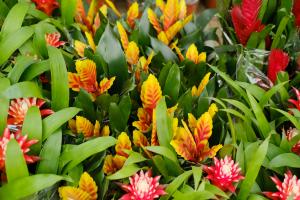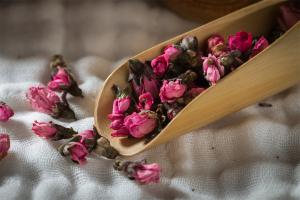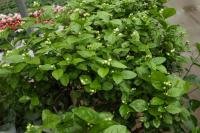1、 Curing method
1. Temperature: bean sprouts like relatively high temperature. The higher the temperature, the stronger its growth ability will be. However, the temperature cannot be too high. The maximum temperature is limited to about 32 degrees. At 30 degrees, the growth ability of bean sprouts is the strongest, but the temperature range suitable for its growth is between 15 degrees and 32 degrees
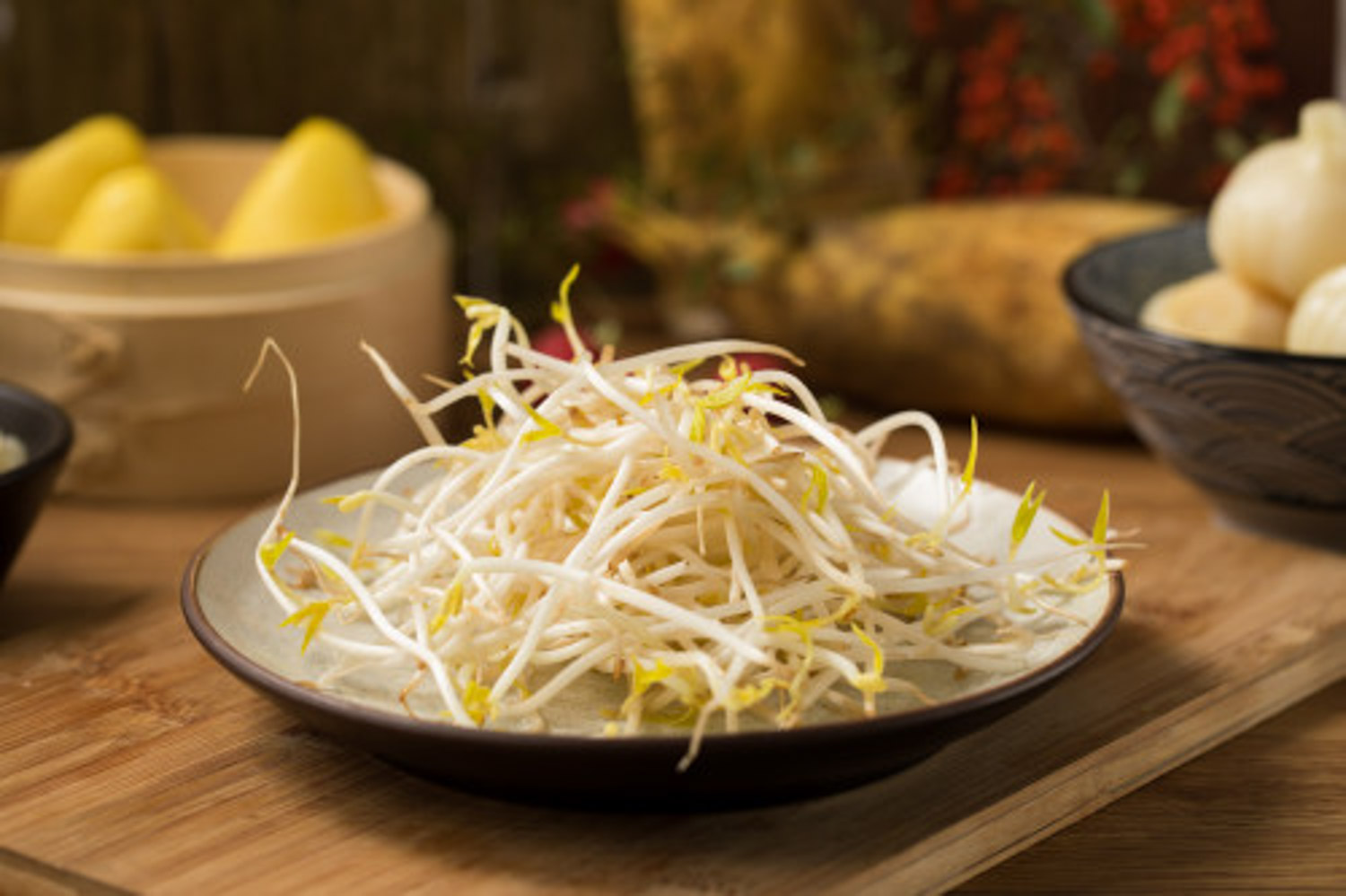
2. Watering: generally, the main way for bean sprouts to absorb water is watering. In this way, it can well ensure its normal growth. It needs to be drenched every time, from beginning to end. At the same time, the number of times is determined according to the ambient temperature. If the temperature is about 30 degrees, it needs to be drenched once in the morning and once in the evening
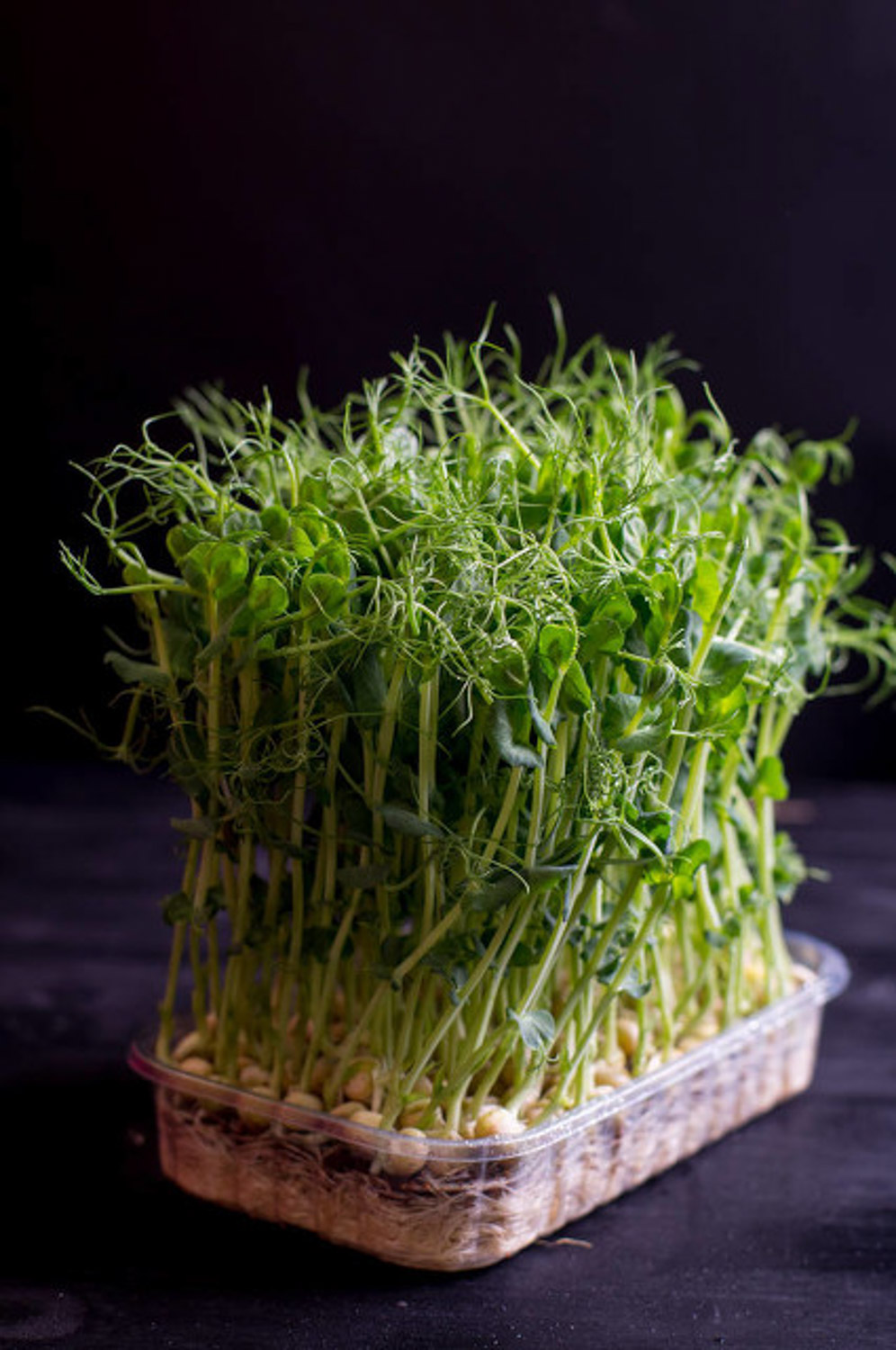
3. Light: no need to receive light. If it receives light during breeding, it will not grow well and can not achieve the purpose of final consumption. After being irradiated by light, the whole will turn green and even grow green leaves, so it can not be eaten normally
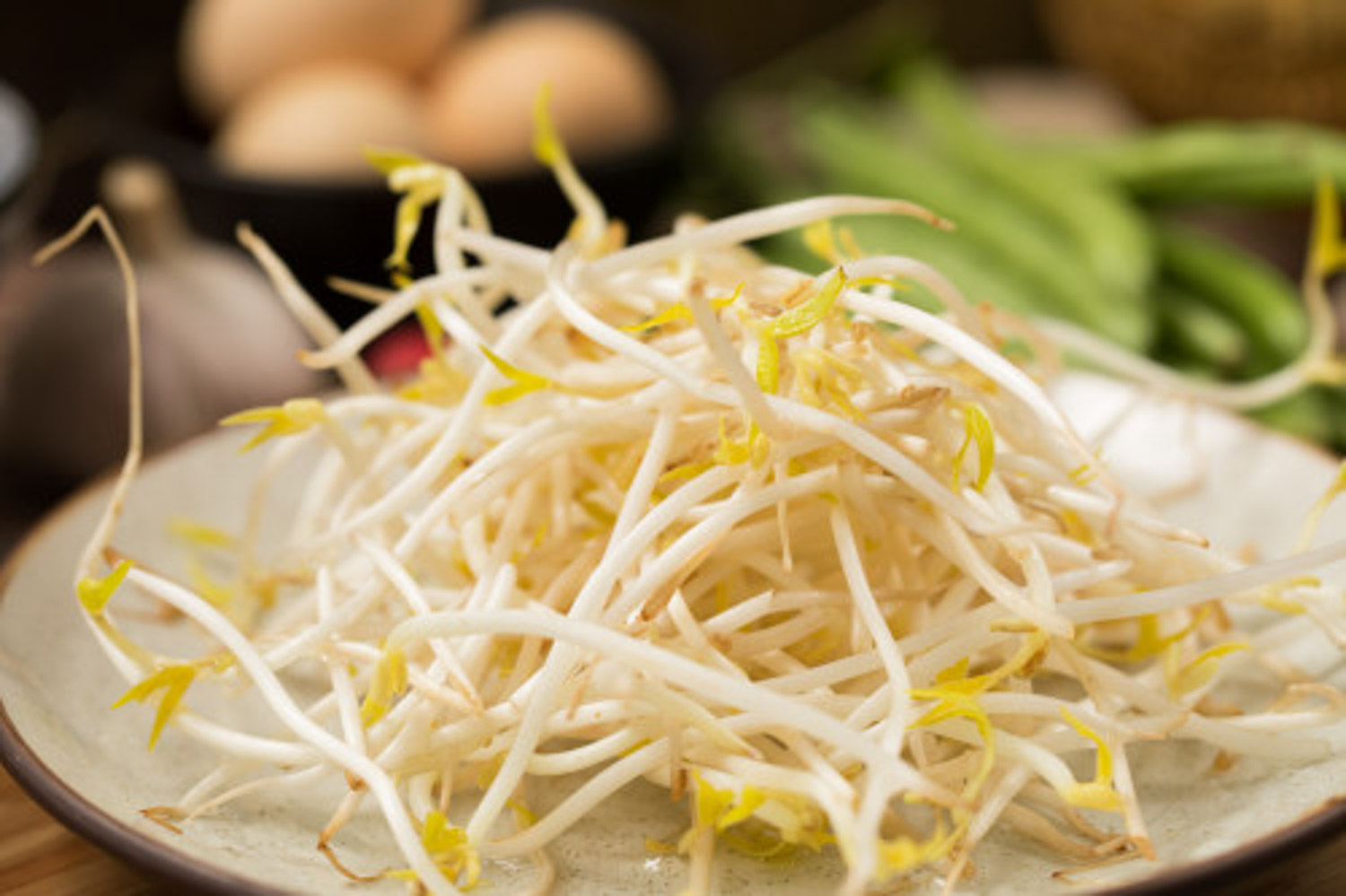
4. Fertilization: there is no need to fertilize, because the growth of bean sprouts depends on its own nutrition. At the same time, if fertilized, poisoning or some unnecessary things will occur in the process of eating
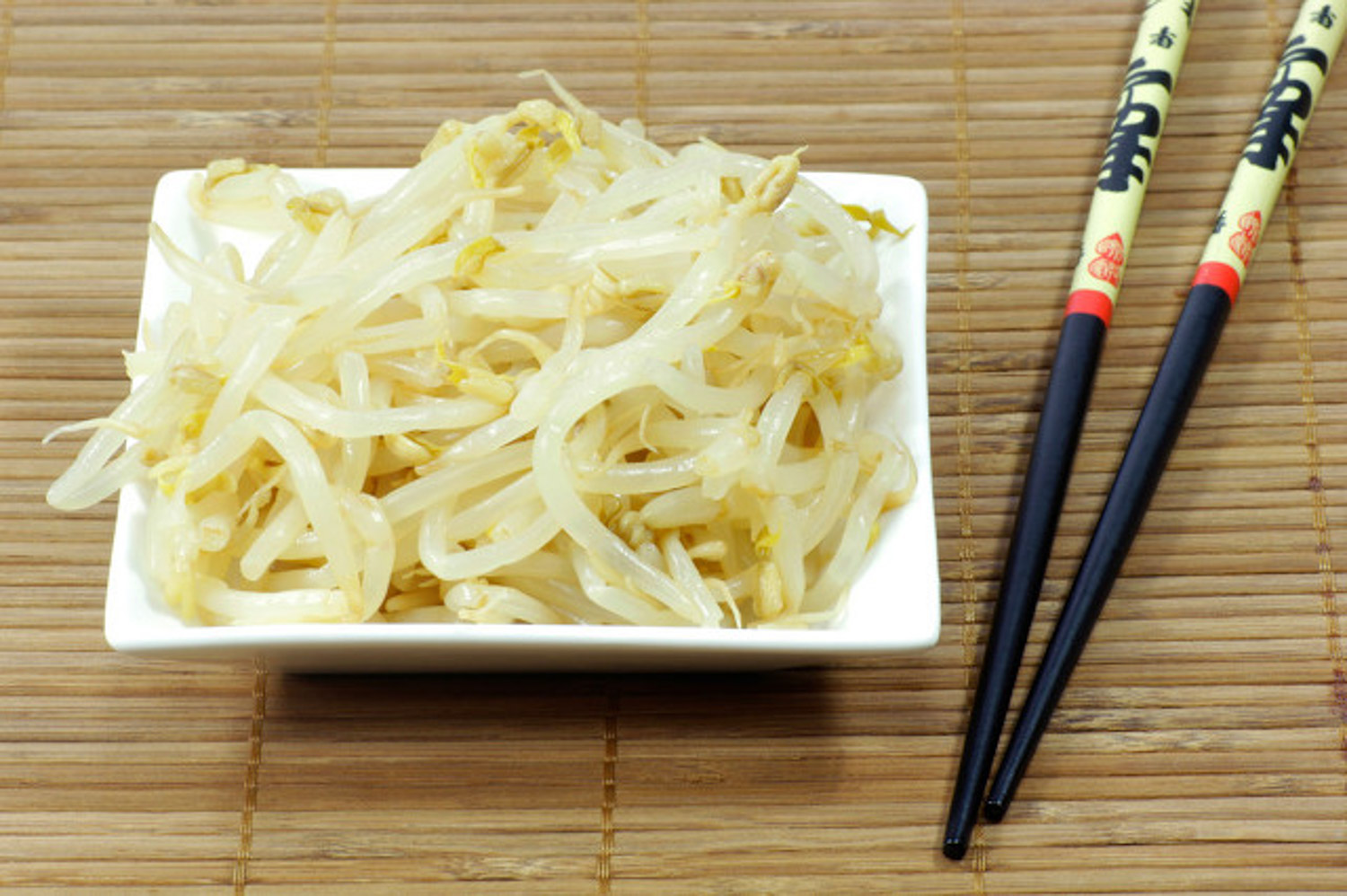
2、 Breeding skills
1. Reproduction: seeds are the main way of reproduction. Bean sprouts usually germinate with seeds. Before sprouting, soak the seeds in warm water and wait for the seeds to expand before they can grow in containers
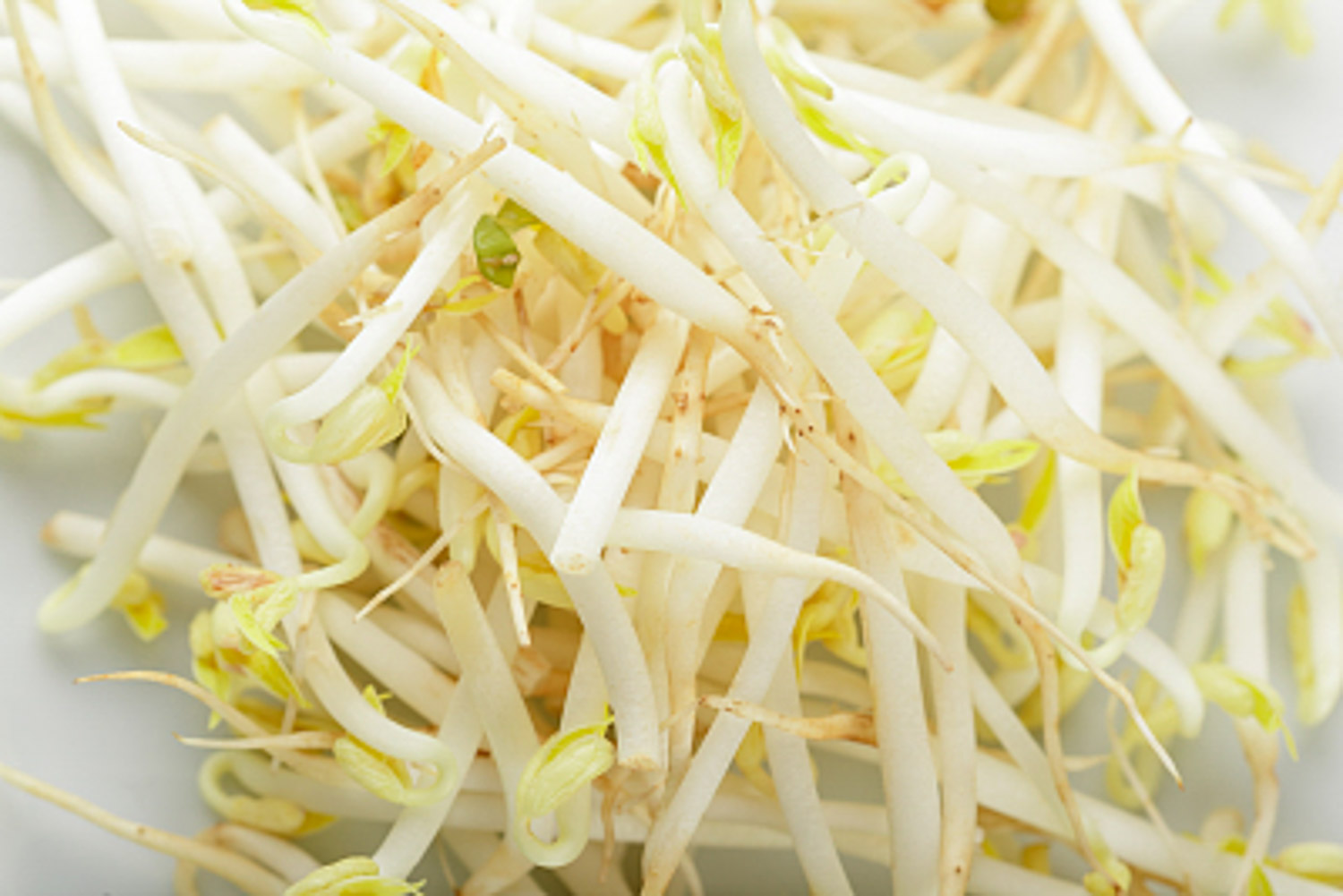
2. Pruning: there is no need to prune, because it is ultimately used for food. Pruning has nothing to do with its normal growth. If you want to prune suddenly, you will not be able to eat in the end. You should focus on other aspects of breeding, which has nothing to do with its growth
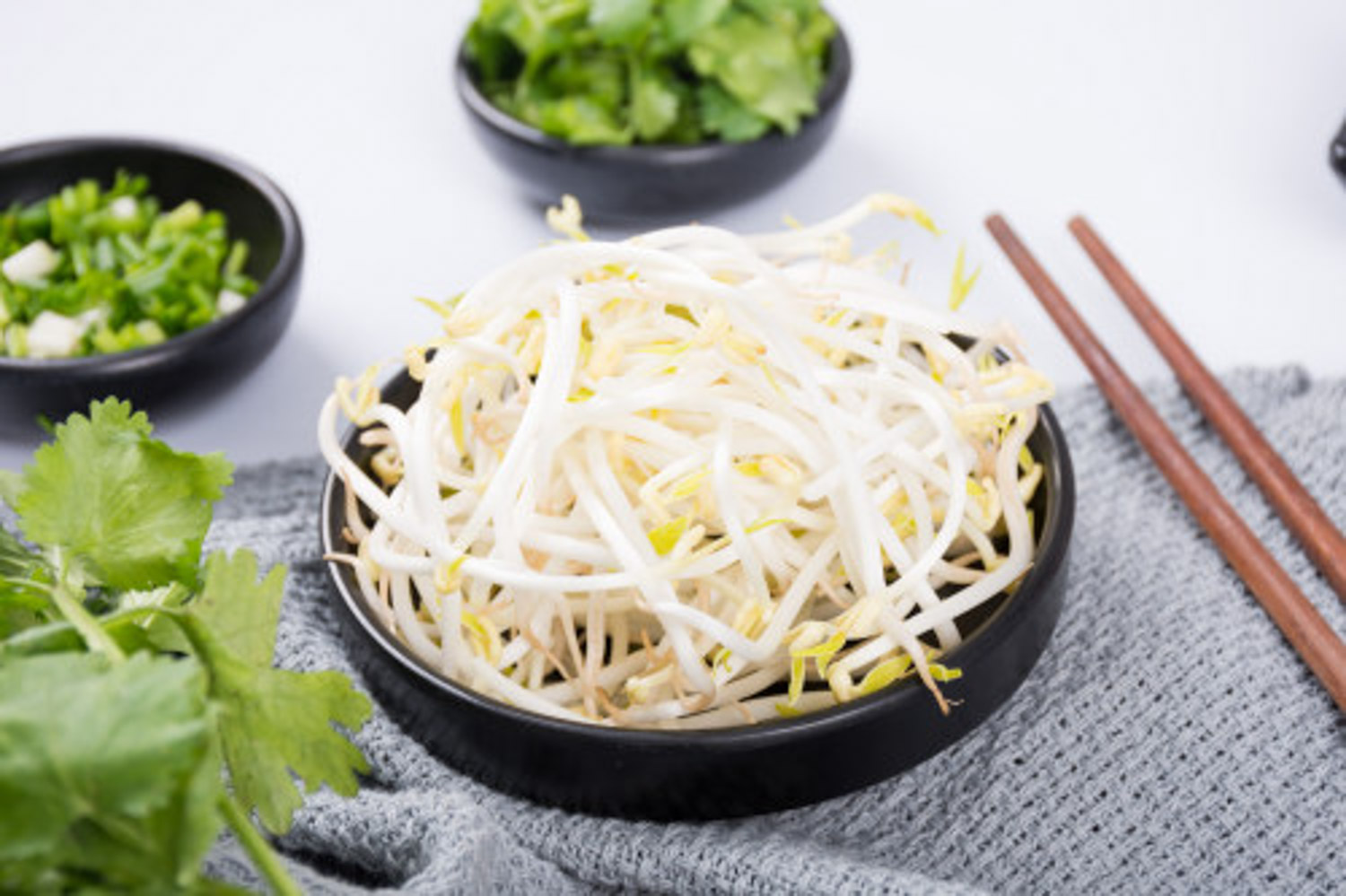
3、 Diagnosis and treatment problems
1. Diseases: diseases rarely occur, but may cause bean sprouts to fester due to improper watering during breeding. Just pay attention to watering
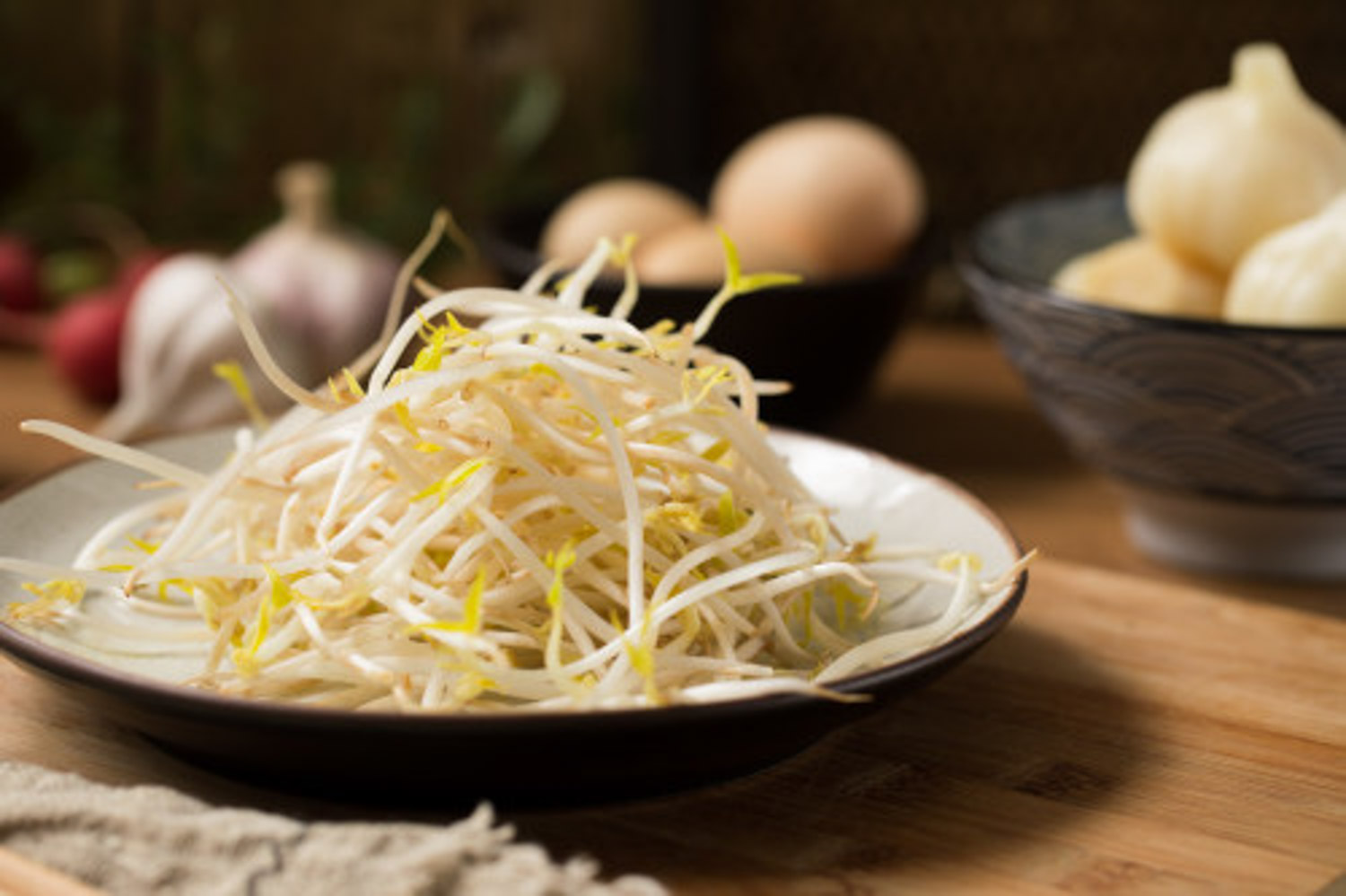
2. Pests: pests will not happen, so there is no need to consider this problem
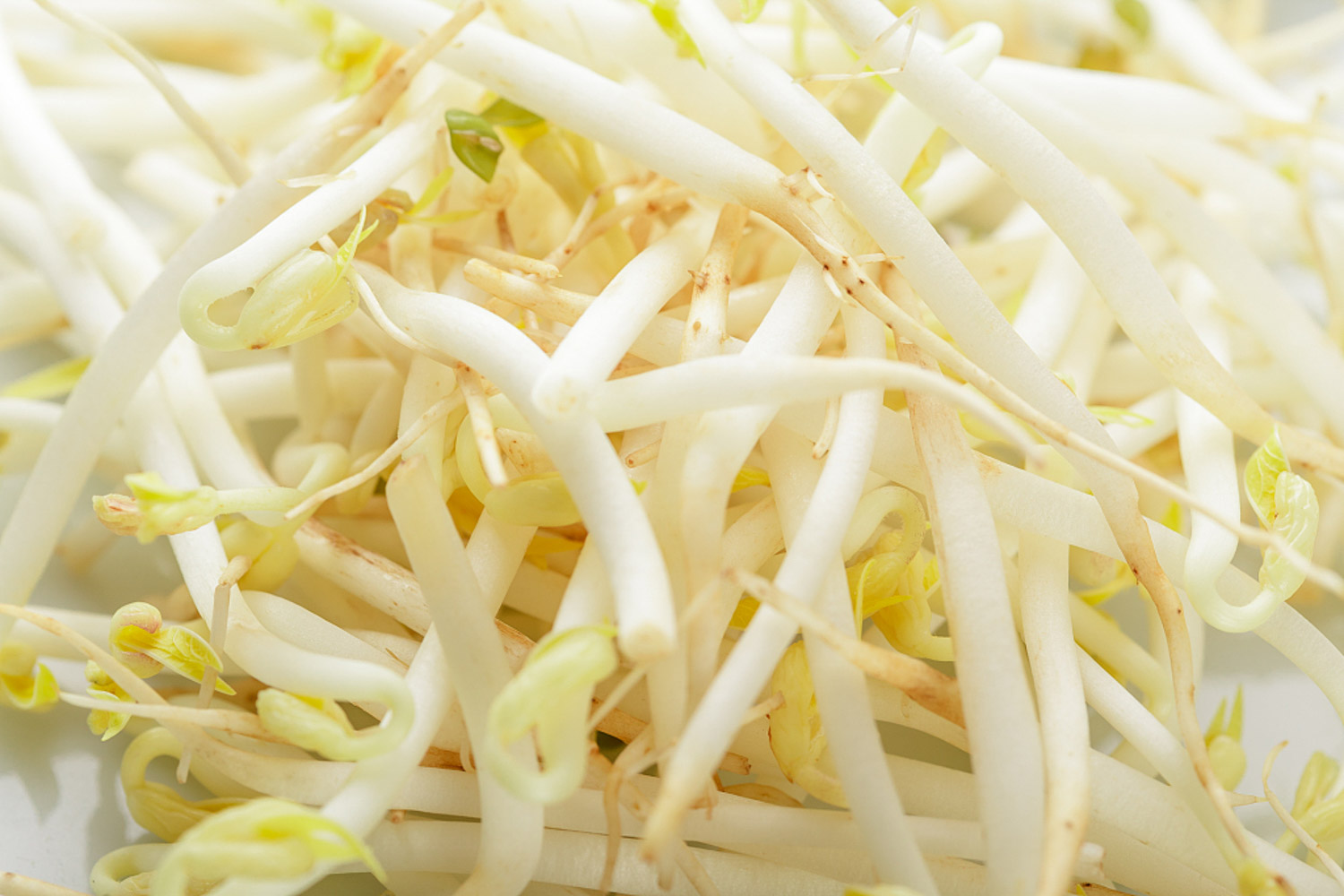
4、 Other issues
1. Toxicity: no poison, very suitable for breeding
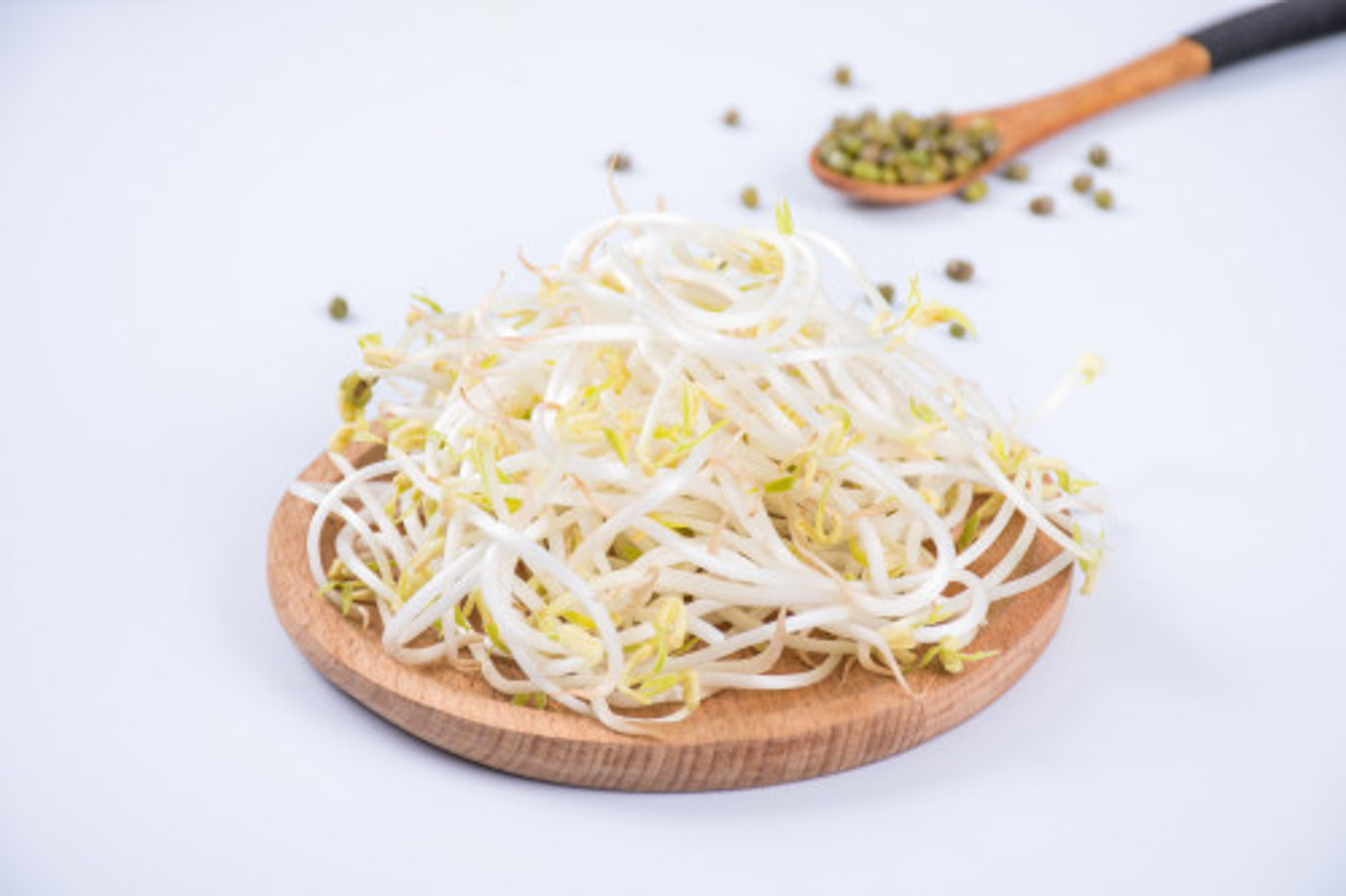
2. Whether it can be raised at home: Yes, it is convenient to eat and obtain materials, and it is green and nutritious. There is no need to worry about any additives
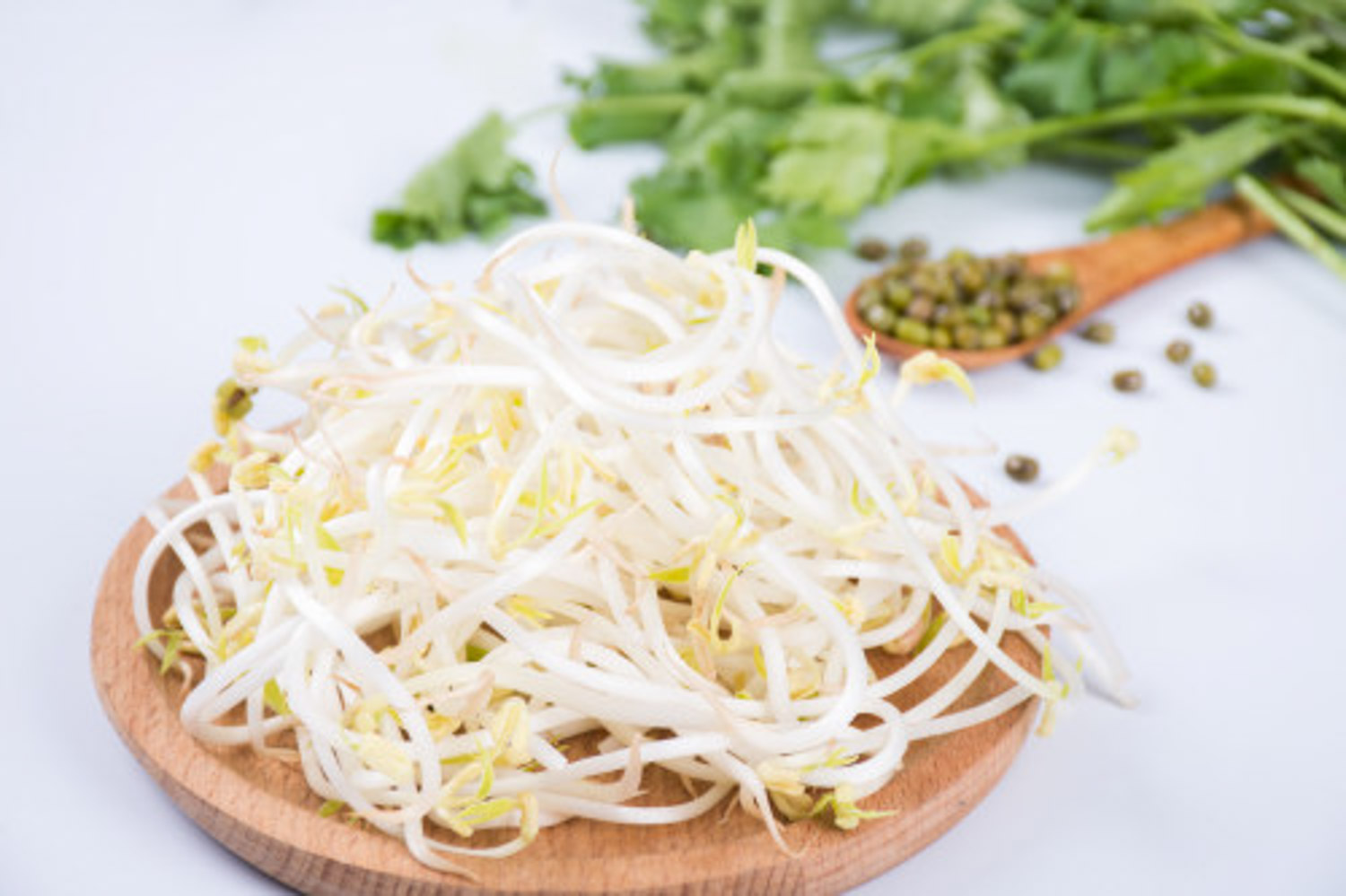

 jackfruit
jackfruit snake plant
snake plant hibiscus
hibiscus hydrangea
hydrangea lavender
lavender Green roses climb al...
Green roses climb al... If you don't pay att...
If you don't pay att... Management of four g...
Management of four g...


